(Photo via Yale Law School)
Back in 2018, we checked up on the Yale Law Journal and noted that, despite the school boasting the most diverse class in its history, the prestigious journal could only find 4 people of color to round out its 60-member roster. One might have thought that the negative attention focused on the publication might prompt a conscientious review of how the title got there and the development of new initiatives — either entirely internally or in conjunction with student groups or the administration itself — to address the issue.
Apparently, one would be wrong about that. Fast forwarding to 2021, Yale Law Journal is mired in controversy again over basically the same issues.
The Executive Notes & Comments Editor announced earlier this week that he was leaving the executive board of Volume 131 and took to the Yale Law “Wall” to explain his decision.
Simply put, I have fundamental disagreements with the approaches adopted in response to valid concerns raised by students of color and students from traditionally underrepresented backgrounds regarding questions of diversity and inclusion on the Journal. Ultimately I found myself in what I felt to be an uncomfortable, unwelcoming, and unhealthy environment. an environment which I felt my perspective. my experiences and my identity were not given the respect or the recognition know they are due. I felt that I was being used and tokenized on the Board and on my Committee, all in the service of a project in which I no longer had total confidence.
There are few scenarios in life more disheartening than finding yourself outnumbered on a matter of principle. Every saccharine instinct drilled into aspiring lawyers from a professional canon that trumpets 12 Angry Men to RBG’s dissent jabots nags at you to fill the role of noble apostate. Giving a seat at the table to a different perspective can drive change, but it can also be the tokenistic safety valve the old guard wants to take heat off themselves while they double down on doing absolutely nothing. Throw a prestige job on top of that pressure and consider the gravity of this student making the call to step away and, hopefully, contribute more to the cause by publicly walking away than remaining a marginalized perspective.
His departure has energized student groups to revisit the student journal’s situation. The First Generation Professionals released a statement noting that, despite nearly a third of Yale’s student body being soon-to-be first-generation lawyers, the Journal is discussing eliminating “note-on” membership that provides a key path to diversifying the publication. Not that this is the only problem with the existing staff make-up.
Furthermore, for those marginalized members or our community who do join the Journal, the Journal cultivates an environment that is hostile to their success while expecting them to take on the additional labor related to the Journal’s limited diversity efforts. The Journal, via the actions of the previous boards and the inaction by members of the current Board, sets up these individuals and these efforts to fail. The Journal’s toxic leadership environment is not an accident; it stems from a lack of diversity that is directly within the power of the Board to change.
This is a concept that’s hard to understand for white folks who don’t routinely talk about race and diversity. Superficially, the best ambassadors for increasing diversity would be a diverse membership and if the goal is a more inclusive organization, that labor should be done by those in the best position to succeed. The problem is that this is exhausting and can feel like a never-ending cycle of being recruited for the sole purpose of recruiting the next person and never given an opportunity to do anything else because… “well, shouldn’t you be recruiting?” So some white people read language like this and think, “well, do you want diversity or not — make up your mind!” when the answer is that people of color understand that they have a uniquely important role in promoting diversity, but that’s also not their only role. It’s an important task and one that the rest of the team needs to support by not making it a dead end.
Unfortunately that seems to be exactly what the existing policies at Yale create. MENALSA wrote:
The Journal throughout its history, has adhered to policies that perpetuate and exacerbate existing racial, genders and socioeconomic inequalities. Namely, its opaque admissions and slating processes have and continue to disadvantage students of marginalized backgrounds, denying them the opportunity to participate in an activity that confers professional and social benefits that are particularly important for students of such backgrounds.
It’s impossible to think of a school or publication where this is more important. There was a viral stat going around recently about women with straight As having roughly the same access to career success as men with Cs. Similar or worse disparities exist when zoomed out to include other marginalized groups. That’s why meaningful access to journals is important in pushing back against the head start that people like… well, me, would have. Moreover, it might not be fair to say that Yale’s not a real law school so much as a professor factory, but it’s also not not fair to say. Given that and the outsized importance journals play in the scholarship and the judicial clerkships that slide right into the academy, policies that create a segregated masthead and lock students of color out of senior roles amounts to throwing up new roadblocks that set back scholarship generally. A 3L extracurricular shouldn’t hold this sort of significance over the academic landscape… and yet here we are.
In its response, BLSA laid out some recommendations:
(1) releasing aggregate admissions data for multiple recent Volumes so that trends can be examined; (2) collecting and releasing slating information from consenting students; (3) allowing open elections for all Board positions, similar to peer law reviews; and (4) increasing the transparency of EC elections by making election results available to the entire board or masthead, rather than just the sitting EC/Board
How in the world are these not elected positions? I grant that I wasn’t elected to my senior journal position, but someone was and they had to step down and I got roped in because literally no one else wanted that job. The point is that democracy was always the first choice. And democracy isn’t necessarily a panacea when a group is rife with systemic representation problems but transparency is the very least it can do to start the process rolling.
Schools like to take a hands-off approach to the student-run journals. It reflects an admirable commitment to treating law students as future professionals in their own right. But administrations have personnel trained in implicit bias and building diverse teams (even if a lot of schools still manage to botch these concepts) and students don’t. Perhaps it’s time for a bit more direct involvement — or at least collaboration — to ensure that the flagship publications coming out of these schools are living up to the institution’s ideals.
We’d much prefer to not have to write this exact same article again in another three years.
Earlier: Yale Law School Grows Increasingly Diverse, Yale Law Journal Takes A Different Path
Yale Law Journal Responds To Controversy And Manages To Make Things Worse
 Joe Patrice is a senior editor at Above the Law and co-host of Thinking Like A Lawyer. Feel free to email any tips, questions, or comments. Follow him on Twitter if you’re interested in law, politics, and a healthy dose of college sports news. Joe also serves as a Managing Director at RPN Executive Search.
Joe Patrice is a senior editor at Above the Law and co-host of Thinking Like A Lawyer. Feel free to email any tips, questions, or comments. Follow him on Twitter if you’re interested in law, politics, and a healthy dose of college sports news. Joe also serves as a Managing Director at RPN Executive Search.
 Staci Zaretsky is a senior editor at Above the Law, where she’s worked since 2011. She’d love to hear from you, so please feel free to email her with any tips, questions, comments, or critiques. You can follow her on Twitter or connect with her on LinkedIn.
Staci Zaretsky is a senior editor at Above the Law, where she’s worked since 2011. She’d love to hear from you, so please feel free to email her with any tips, questions, comments, or critiques. You can follow her on Twitter or connect with her on LinkedIn.


 Kathryn Rubino is a Senior Editor at Above the Law, and host of
Kathryn Rubino is a Senior Editor at Above the Law, and host of 

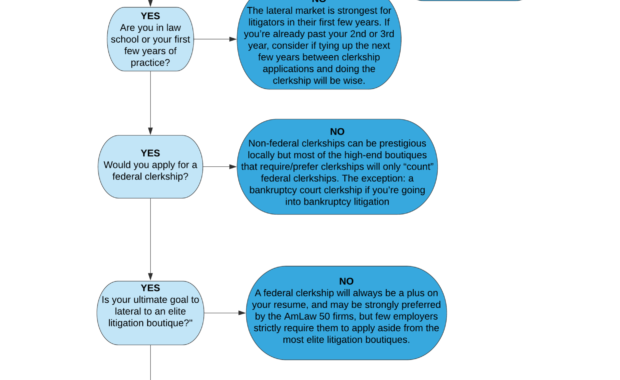


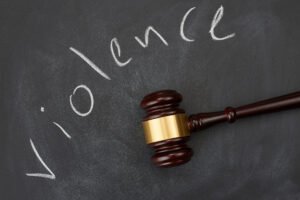
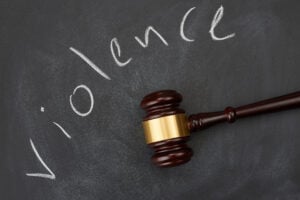


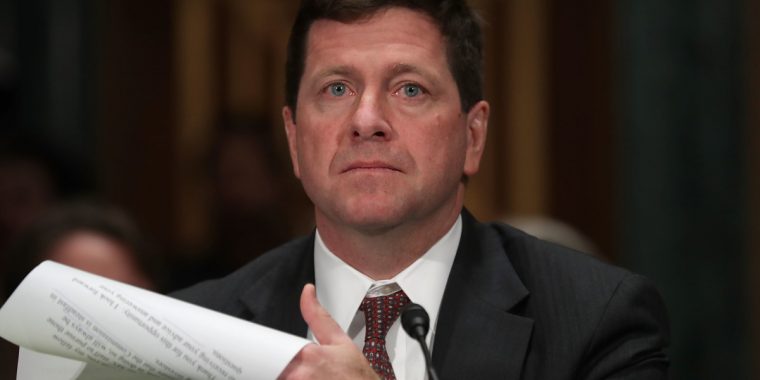
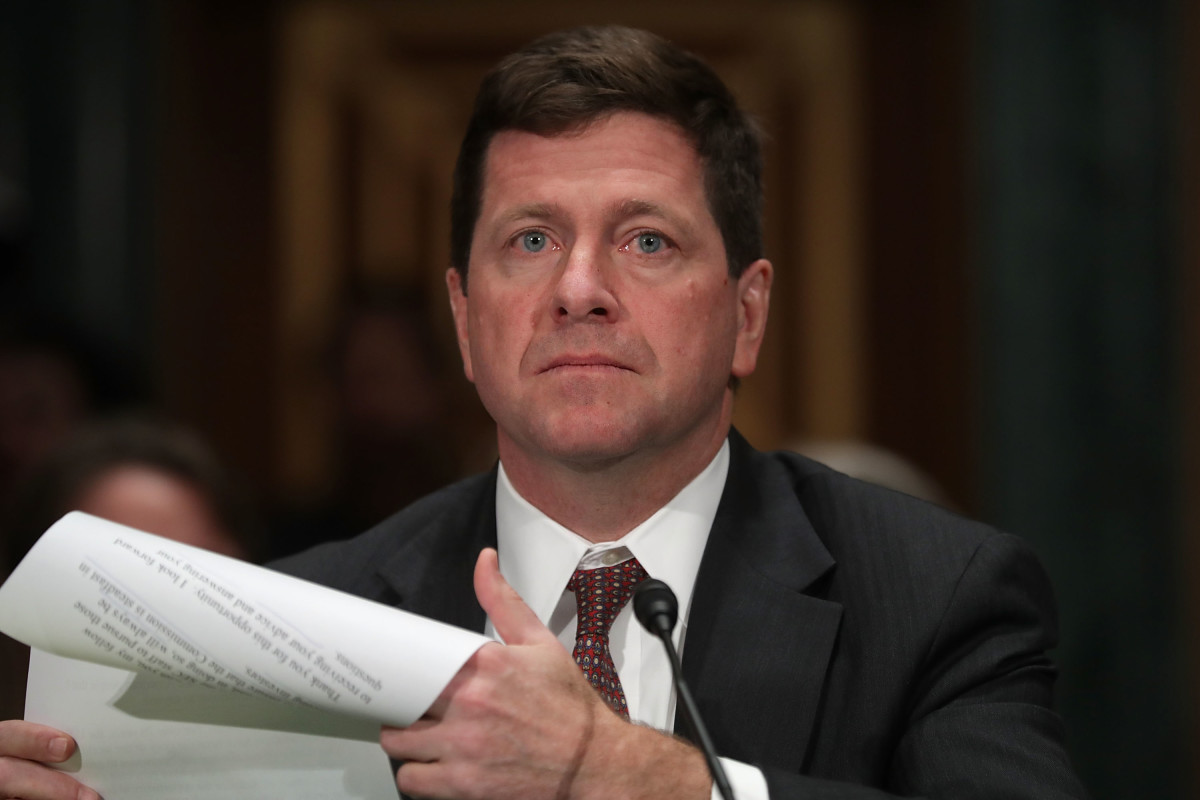


 Jordan Rothman is a partner of
Jordan Rothman is a partner of